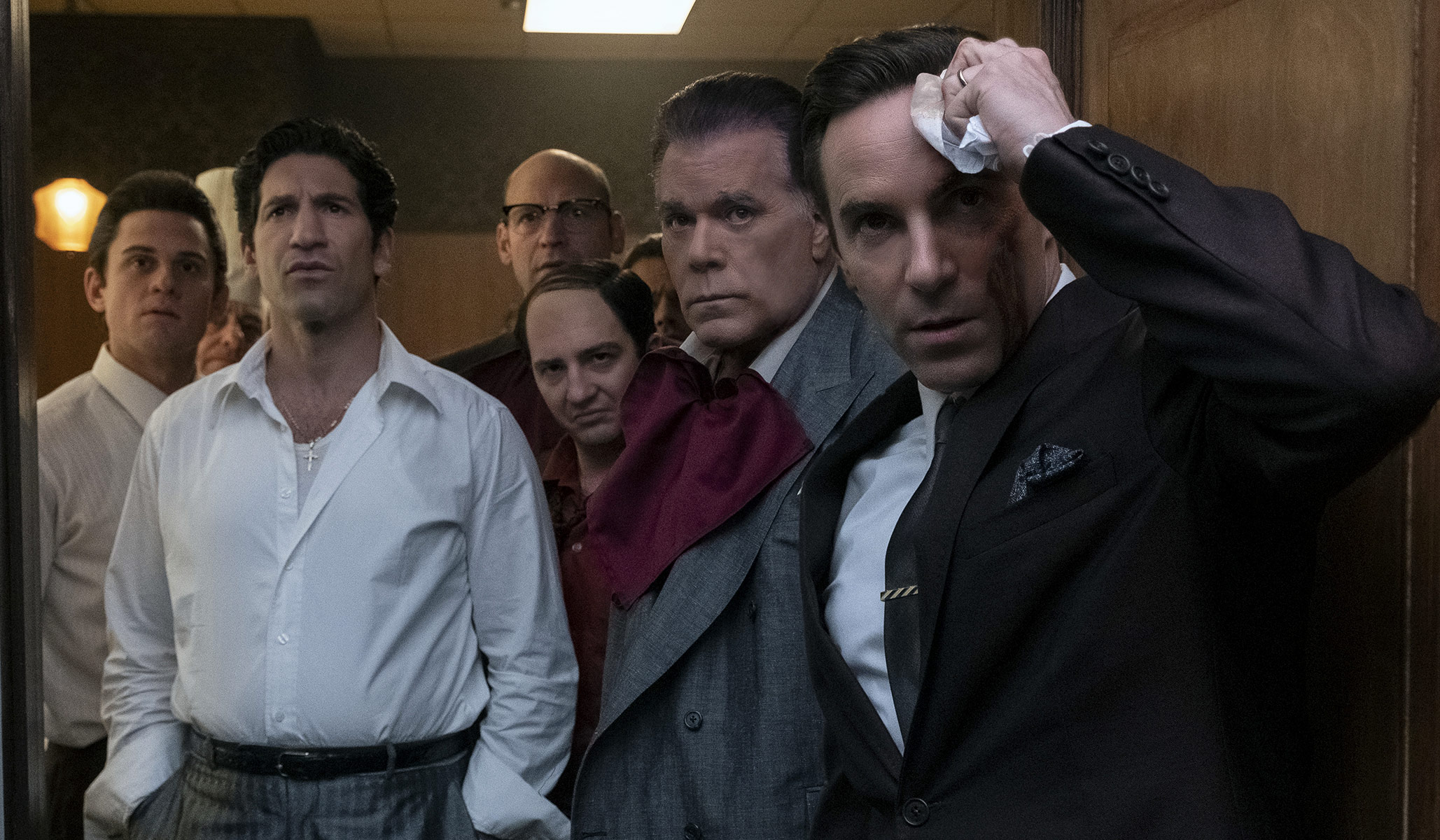
For some of us, The Sopranos epitomizes everything that went wrong with American popular culture this millennium. Those of us who realize that mainstream media operate by different rules — in direct opposition to our core moral and social values — will be mildly appalled by The Many Saints of Newark, a one-film prequel to HBO’s The Sopranos. But we shouldn’t be surprised. In political terms, Many Saints is a continuation of the noxious culture of the Clinton administration and the Democratic National Committee, which found their likeness in the fabled New Jersey Italian Mafia — and celebrated it.
Remember how Hillary Clinton and former president Bill Clinton attached themselves to the crime family in Hillary’s 2008 campaign ad that riffed on The Sopranos’ final episode? It made the outrageous assumption that Americans identified and approved the mob family’s treacherous behavior. We’ve suffered much still-unaccounted-for treachery in the aftermath of Hillary’s failed presidential campaigns. In 2016, she urged followers to “fight” as if giving orders to thug underlings. By treating American politics just like a Mafia vendetta, the Clintons shrewdly domesticated The Sopranos.
The Many Saints of Newark justifies this warped culture as well as its mercenary politics, starting with a title that explicitly relates it to warped Catholicism. (The film’s ad features a Virgin Mary statue whose halo is the back of a bullet casing — not clever, just ugly.) This prequel perpetuates the non-religious cynicism of the TV series — an apostasy as offensive as HBO’s use of the letterbox format, faking cinema.
The fake morality and fake cinema of Many Saints are part of the same Sopranos moral decline that established James Gandolfini’s bullying mob boss Tony Soprano as a PC-era Archie Bunker, allowing some viewers to indulge their sociopathic instincts — projecting their DNC-style hatred — and feel good about it afterward. Tony’s crimes were ameliorated by psychotherapy, the cure-all dramatic gimmick replacing religion for New York-L.A-D.C. media folk.
Now Many Saints takes up where Martin Scorsese’s Catholic manqué Goodfellas left off, providing a slew of Tony Soprano clones, some of them cheaply effective, like Alessandro Nivola’s Uncle Dickie Moltisanti (many saints) and especially Jon Bernthal’s father figure Johnny Soprano. These made maniac men — historical myths of the 1970s, as in Goodfellas — become role models for young Anthony (glowering baby-faced Michael Gandolfini). The incestuous casting that exploits James Gandolfini’s actual son — as if The Sopranos saga was more than pop fiction but somehow real — is a gambit that can work only for moral idiots. Maybe it also appeals to their belief in political dynasties, the same sheeple mentality that created fans of The Lord of the Rings and The Hobbit franchises and TV’s endless British-royals miniseries, whether dramatic or tabloid.
Once you notice the obvious formula of Many Saints (echoing Boardwalk Empire as well as The Wire), it’s apparent that producer-writer David Chase and director Alan Taylor are themselves shrewd campaign managers. They celebrate crime and antisocial behavior same as politicians do — distant from the deleterious effect yet feeling slightly guilty about it. That would explain the film’s nod to Hollywood’s current racial reckoning in the subplot about racial unrest in Newark of the’70s, featuring Leslie Odom Jr. as a black upstart whose idea of “equity” derives from Mafia-envy.
Clearly, Chase and Taylor ignore the multicultural insights of Larry Cohen’s brilliant gangster epics Black Caesar, Hell Up in Harlem, Original Gangstas, and Dito Montiel’s self-implicating urban fables A Guide to Recognizing Your Saints and Fighting, which all explored class, ethnicity, and processes of urban advancement. Critic John Demetry highlighted the social degeneracy of Many Saints, but for Chase and Taylor the film is no more than an opportunity to burnish the Sopranos as a cultural institution (something Chase tried and failed to do with his 2012 film Not Fade Away, a nostalgic crime story that was not only hardboiled but overboiled). Meanwhile, fawning reviewers dutifully recall memories of The Sopranos as if they were Shakespeare scholars rather than fanboy habitués of a degraded popular culture.
But if Many Saints can’t quite be accused of destroying film culture, it’s only because The Sopranos already created the trash heap by either influencing or attracting the shameless braggadocio of that infamous Clinton campaign ad. The limp origin story of Many Saints insidiously endorses impolitic behavior.
Conservatives should know: The Sopranos and Many Saints don’t just offer overboiled American entertainment; they also romanticize DNC tenets. Many Saints is a movie for RINOs.
Something to Consider
If you liked this article, you can support National Review by donating to our webathon. Your contribution is vitally important to helping us fulfill our mission and strengthens our voice as we hold the Left accountable during this critical time.
"many" - Google News
October 06, 2021 at 05:30PM
https://ift.tt/3lmmOLv
Movie Review: 'The Many Saints of Newark' Romanticizes Corruption - National Review
"many" - Google News
https://ift.tt/2OYUfnl
https://ift.tt/3f9EULr
No comments:
Post a Comment